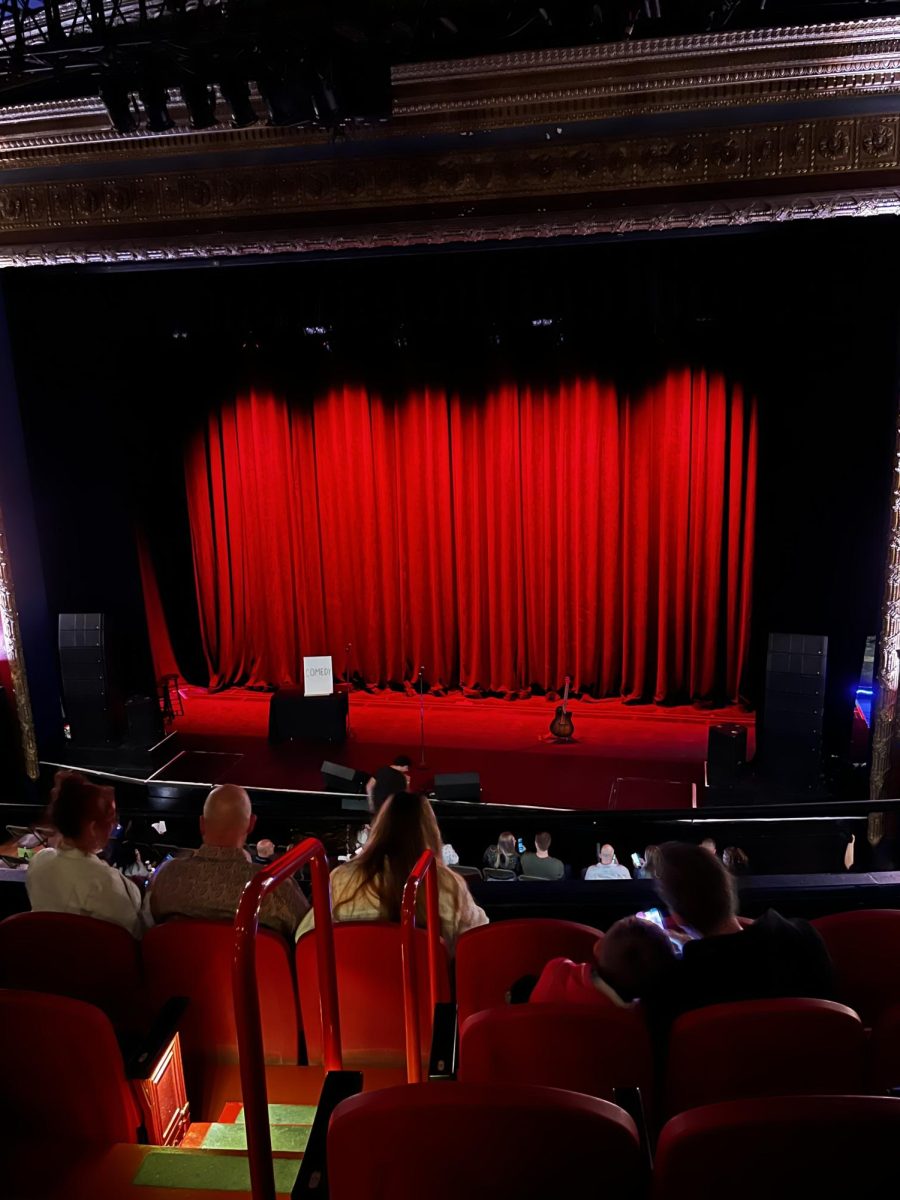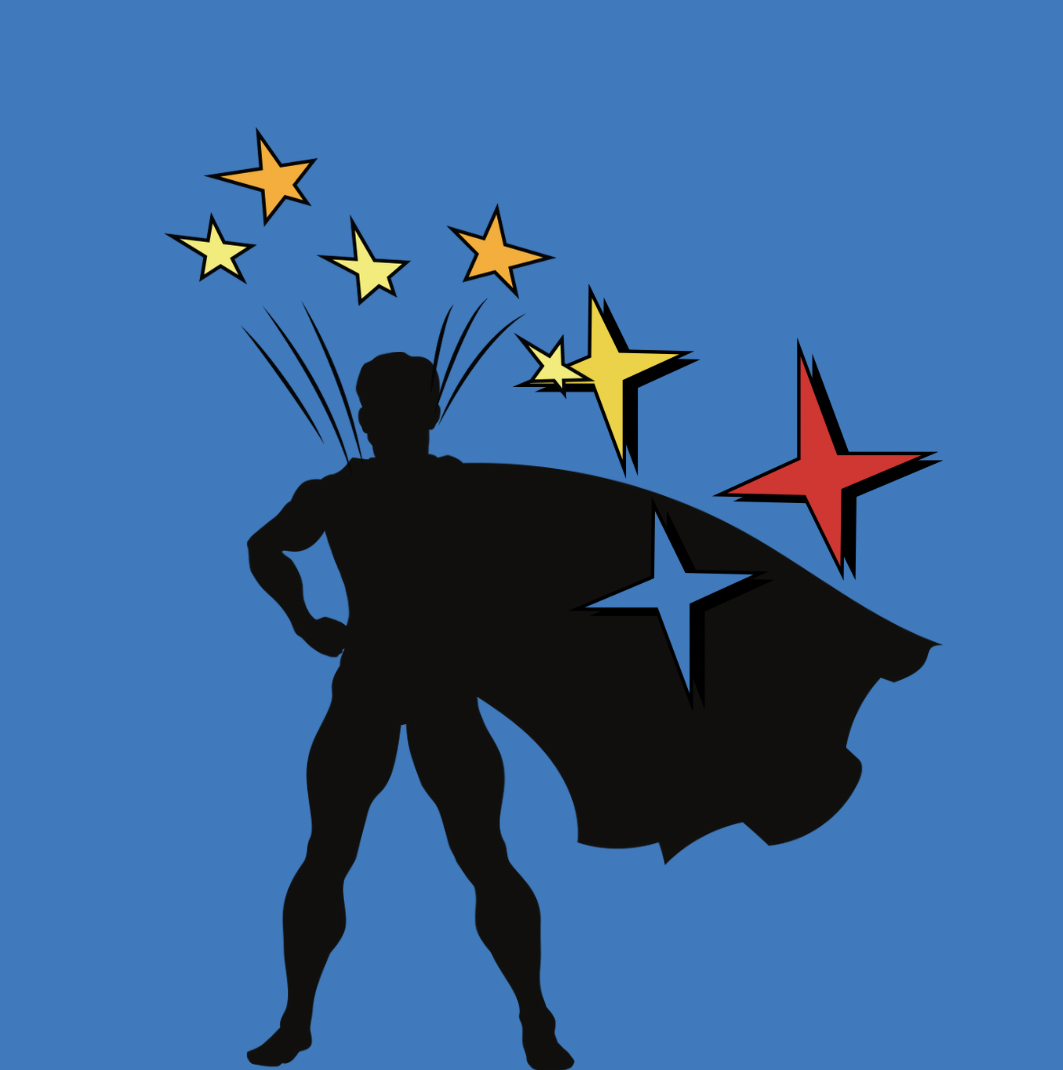As ‘cancel culture’ attempts to homogenize the spectrum of humor, comedians find themselves at a crossroads.
But in a highly polarized society, it is difficult to navigate between what is offensive and what is amusing. While some believe comedy has the ability to break down barriers, resulting in open dialogue and free speech, others see the art as a free pass to publicize disrespect about topics that would otherwise be intolerable.
Humor is a universal language for people to make light of tough situations. Although it rarely exceeds the limits of what is blatantly unacceptable, controversial comedy is still consequential and unethical.
Following the premiere of his Netflix comedy special, newcomer Matt Rife has received tremendous backlash. He opens his show with a joke about domestic violence, which was not well received by his substantially female audience.
Although it is a comedian’s job to be outspoken, there are times when their statements must be acknowledged as unjust.
Junior Anna Phipps watched “Matt Rife: Natural Selection” and was left with mixed feelings. “It’s hit or miss with these comedians. I think that if the person has dealt with or has firsthand experience with the topic at hand, they have the right to joke about it. But as an outsider, it is just tacky,” Phipps noticed.
Individuals who base their entire act on controversial and serious issues are usually taking the easy way out. Nearly all comedians humorize difficult and controversial issues, labeling it as ‘dark humor.’ By glamorizing these topics, audiences fall into the common trap of sensationalism.
As seen throughout the media, people are more likely to watch or listen to something that seems absurd. The content of a comedian’s show acts as clickbait for audiences.
“There comes a point when you’re too uncomfortable that there’s no other option but to laugh. But even that may be towing the line,” Margil Sanchez Carmona claimed. Serious issues have no place in comedy.
One should only consider discussing sensitive topics if they have experience with it. No one bats an eye when a Black comedian makes a joke about Black culture in America, because they are qualified to talk about it. It is completely normal for a victim of harassment to comment about this experience, because it could be their way of coping with it. The same can be applied to almost all serious topics.
Comedians must be scrutinized and called out for undermining real-world problems without first-hand knowledge about them. Individuals who have dealt with issues like domestic abuse, addiction or mental illnesses may feel that their experiences are invalid when they should be treated with sensitivity and care.
Mockery of pressing matters for entertainment value needs to be criticized and stopped within the entertainment industry. Comedians are not invincible.










